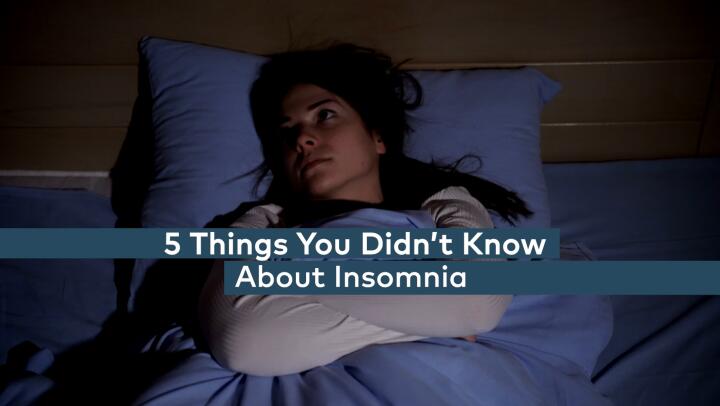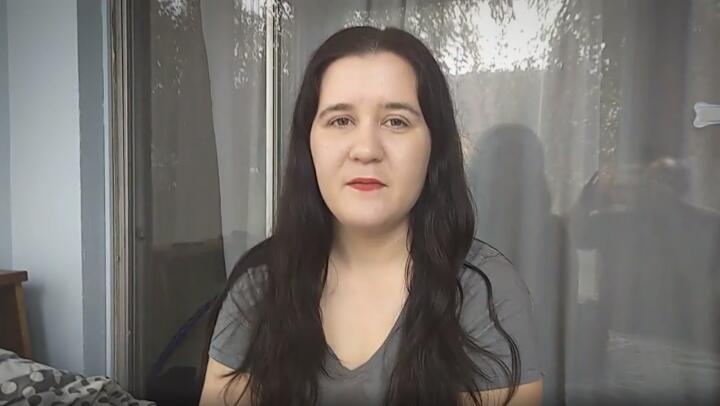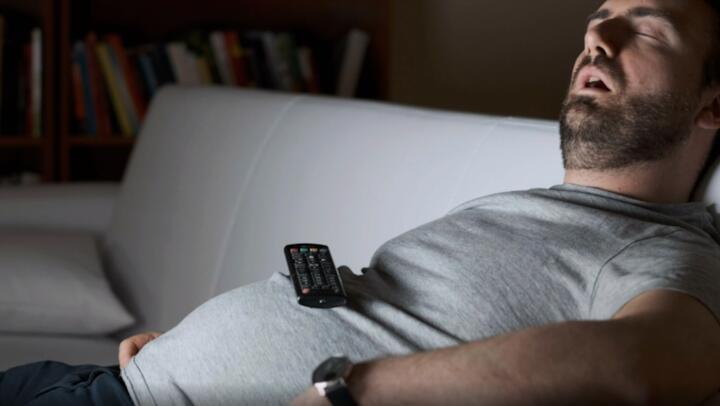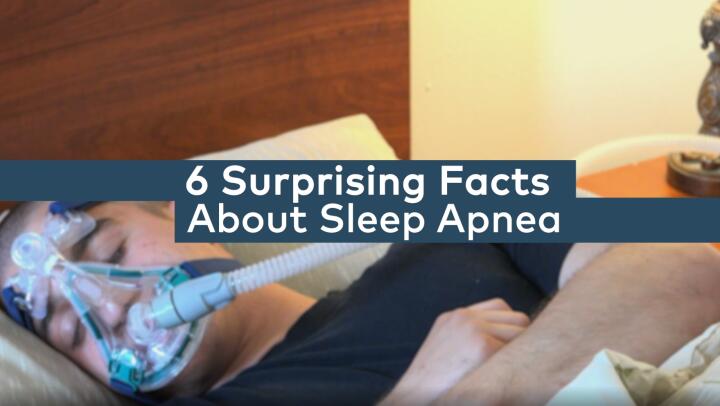
If you have trouble falling asleep, staying asleep, or getting enough rest, you’re far from alone. Nearly 1 in 3 adults has insomnia at one time or another. A lack of sleep can affect your physical and emotional health if you let it go on too long. Talk to your doctor about the various insomnia treatment options available, including therapy and sleep medication.
Diagnosing Insomnia
Getting on the right treatment starts with an exam from your doctor to find out what’s keeping you up at night. The doctor will perform tests to rule out other possible causes of insomnia, such as a thyroid disorder or pain. You may need to spend a night in a sleep center. A sleep study can help your doctor figure out whether you have insomnia or another sleep disorder like sleep apnea or restless legs syndrome (RLS).
Therapy
Cognitive behavioral therapy for insomnia (CBT-I) is a sleep disorder treatment that helps you identify and change the thoughts and behaviors that are keeping you awake. Your therapist might help you determine that worry and anxiety are preventing you from falling asleep. By working with the therapist, usually over a period of six to eight sessions, you can change the negative thoughts that disturb your rest to more positive ones.
One CBT-I technique called stimulus control teaches you how to reframe your bedroom as a place for sleep and sex only. The therapist will tell you to get out of bed if you can’t sleep, and do another calming activity. You’ll only go back to bed when you’re tired enough to fall asleep.
Sleep restriction is another CBT-I technique. You start by keeping a sleep diary to learn how you sleep. Then you stick to a schedule, going to bed and waking up at specific times each day to increase your sleep hours.
Insomnia Medication
Changing your sleep behaviors with CBT-I may be the best long-term strategy for treating insomnia. But if you just can’t get to sleep and therapy alone doesn’t help enough, sleep medication may be an option. Insomnia medication can cause side effects, especially in older adults. Ask your doctor to explain the risks before giving you a prescription.
A few different types of sleep medications are available, including:
Benzodiazepines
This older type of insomnia medication works on certain receptors in your brain to calm your central nervous system enough for you to fall asleep. Benzodiazepines are an effective way of treating insomnia, but they can become habit-forming, which means you may experience withdrawal symptoms when you stop taking them. These drugs also cause side effects like daytime drowsiness, dizziness, dry mouth, and constipation.
Examples of benzodiazepines include:
- Estazolam (ProSom)
- Flurazepam (Dalmane)
- Quazepam (Doral)
- Temazepam (Restoril)
- Triazolam (Halcion)
Nonbenzodiazepines
These newer medicines, also known as “Z-drugs,” work on a more specific part of your brain, so they’re less likely to cause side effects or become addictive. But some people who take these medications report doing strange things like eating or driving while asleep, and they can also cause daytime drowsiness.
This group of sleep medications includes:
- Eszopiclone (Lunesta)
- Zaleplon (Sonata)
- Zolpidem (Ambien, Ambien CR)
Orexin Receptor Antagonists
These drugs are newer additions; they block brain receptors that can keep you awake at night. They’re not thought to cause physical dependence, so people who stop taking them are much less likely to experience withdrawal symptoms. However, they can lead to daytime drowsiness. These drugs include:
Other Prescription Medications for Insomnia
Your doctor may also prescribe other medications, including doxepin (Silenor), approved to help people who struggle to stay asleep; ramelteon (Rozerem), a sedative that’s less likely to cause daytime sleepiness or physical dependence than other drugs in its class; and antidepressants like mirtazapine (Remeron), which can also help with sleep.
Over-the-Counter Sleep Medications
You can also buy sleep aids over the counter. Non-prescription medications like Benadryl, Nytol, and ZzzQuil contain the ingredients doxylamine or diphenhydramine. These medications are not recommended for chronic insomnia. They can cause side effects like dry mouth and blurred vision, as well as confusion in older adults.
Melatonin is a hormone that your brain naturally produces. It essentially tells your brain when it’s time to fall asleep. You can safely use this supplement for short periods of time (less than three months). Talk to your doctor if you plan to take melatonin longer term, because it can cause side effects like daytime sleepiness, dizziness, and headaches.
If you’ve been having trouble sleeping, especially if the problem has lasted for more than a few months, talk with your doctor. Discuss all your insomnia treatment options, and which one might be best for your situation. Also try natural sleep-promoting methods, like meditation or other relaxation techniques, and going to sleep at the same time each night.















